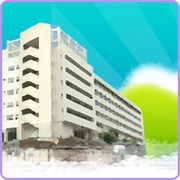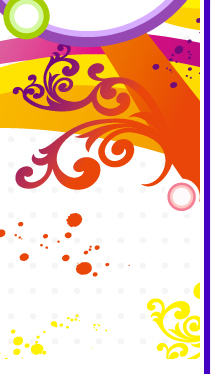

 Tier 3 Tier 3
Using OLE as an entry point, participating schools will devise a more holistic approach to develop favorable conditions and whole school policies that develop self-regulated learning and quality reflective habits of students for sustainability in the light of building positive school culture.
What tier 3 is about?
Objective:
Building on the successful experience of tier 2, participating schools will devise a more holistic approach to develop favorable conditions and whole school policies that develop self-regulated learning and quality reflective habits of students for sustainability.
The starting strategies:
Any paradigm shift in learning will not succeed without students’ and teachers’ deep reflection. In tier 2, the students’ “deep” learning experience has been brought into focus. Building on this indispensible foundation, we are now heading to further enhance students’ learning as well as teachers’ and principals’ professional learning in tier 3 to ensure school-based sustainability. In other words, participating schools of tier 3 are encouraged to strategically implement a polymorphic Student-LED project providing an opportunity for students, teachers and principals to reflect at student learning level, professional learning level and system learning level.
Expected Outcomes:
Building on the experiences and knowledge gained in tier 2 Student-LED project, schools are encouraged to extend or expand the scope of Student-LED project. Schools could, for example:
-
set up a student mentorship scheme and enlarge the coverage of student-led approach to other OLE activities:
- adapt the student-led concept beyond OLE context
Schools are highly encouraged to devise their own school-based plan and approaches (other than the above) and discuss with the central team members.
Commitments and Contributions
The advancement of school culture towards self-regulated learning habits builds on principals’, teachers’ and students’ values, beliefs, norms and interaction. Among these, building a learning community could promote the school culture. In this connection, schools are expected to contribute and share their knowledge and experiences gained in tier 2. Schools will be invited to take a role of mentor schools to share their experiences with other new schools in tier 2. In addition, schools do not only implement a Tier 3 project but also generate the knowledge in building a school culture towards reflective habits. Students, teachers and principals are encouraged to find out the evidences of success, write up reflection articles to consolidate professional sharing and present their findings. To summarise the contributions and commitments, schools are expected:
-
To share their knowledge and experiences to other new schools in tier 2, e.g. in teachers’ and students’ workshops ;
-
To draft an initial plan or a brief outline and start a project to further extend and expand the Student-LED project ;
-
To find out the evidences of success, core students, core project teachers and principals write up articles of reflection to consolidate professional sharing and present their findings in terms of student learning level, professional development level and school level ;
-
To share reflections with peer schools, critical friends and EDB in the professional learning community (PLC) gatherings and the learning symposium.
|











